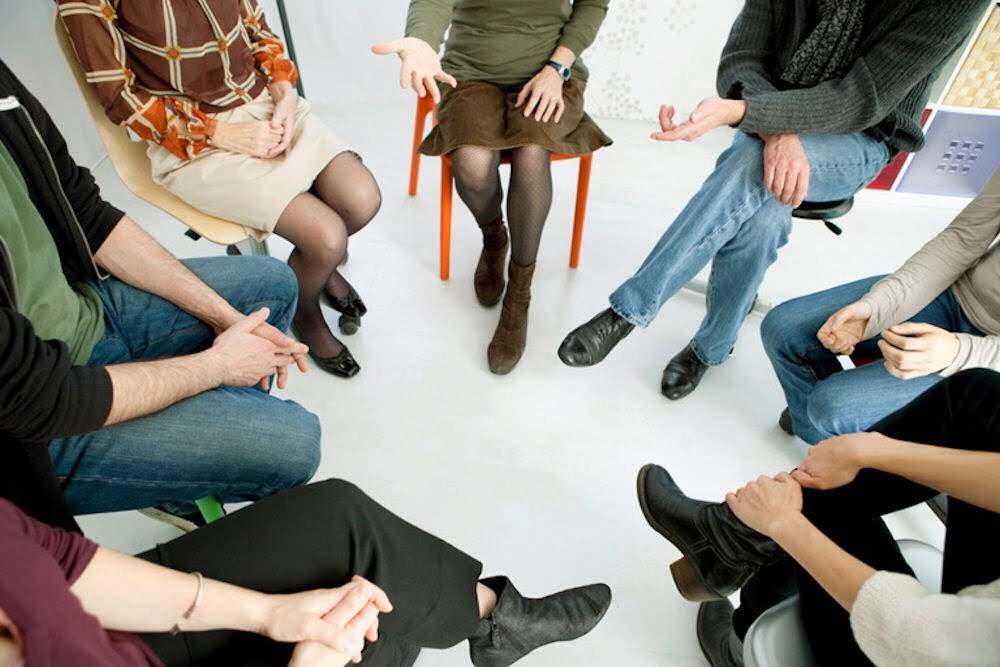Alcohol abuse is a serious issue affecting thousands of people in the Pacific Northwest. At Crestview Recovery, we offer both women’s and men’s alcohol rehab so people get the help they need. Yet even while parents are seeking recovery, their children may continue to suffer.
Close to 1-in-5 adults today grew up with alcoholic parents. Many of these have serious emotional scars and deficits that impact their adult life. For parents who struggle with alcoholism, understanding the risk to the children of alcoholics is an important first step in getting the right help.
Do you need alcohol addiction rehab? Call us today at 866.262.0531 to learn more.
Alcoholism Normalizes Alcohol Abuse to Children
One way alcoholism affects the children of alcoholics is through normalization of a dangerous disorder. When children see their adults indulging in too much alcohol on a regular basis, they begin to think that alcoholism is a normal part of adulthood. When they grow up, these same children are more prone to over-indulge. This can lead to an endless cycle of alcohol abuse. When these children become adults who drink too much, their own children suffer. Even those who don’t want to drink as adults fact stronger temptation when they lacked good role models as children.
Alcoholism can also increase a child’s risk of developing mental health issues, including depression and anxiety. The emotional instability caused by alcohol abuse in the family home frequently results in children feeling unsafe and alone. This lack of security can lead to an inability to express their feelings or build trusting relationships later on in life.
Also, alcoholism can negatively affect a child’s academic and social development. This is because alcoholics often neglect their parental responsibilities, including helping kids with homework or taking them to extracurricular activities. As the addiction progresses, other needs such as proper nutrition may not be met either. The result is that children of alcoholics frequently suffer from poor grades and lack of social skills, both of which can stay with them for years to come.
Children of Alcoholics Struggle to Trust
Alcoholism often leads to other negative behaviors, like denial, lying and keeping secrets. While adults battling alcoholism often think they can hide these problems from their children, they are not. This can make it hard for these children to trust others because they expect broken promises from the adults in their lives.
Sometimes, alcoholism can cause parents to be mean or even abusive. Some may coerce their children or ask them to hide the condition from the public. This further impacts a child’s trust issues, making it hard for them to function in society as adults. When these children reach adulthood, their difficulties trusting make it difficult to have strong relationships. Both friendships and romantic relationships suffer as a result.
These Children Face A Higher Risk for Mental Health Issues
Ultimately, alcoholism causes children to grow up in an environment that encourages secrecy and silence. This makes it difficult for children with alcoholic parents to develop mentally and emotionally.
Children of alcoholics learn to hide their frustrations and feelings, because a mother or father who has consumed too much alcohol may become angry or mean. This can lead to serious emotional and mental health issues, including:
- Depression
- Anxiety
- Guilt
- Trust issues
Not only that, but many children also feel that they are the reason for their parents’ alcoholism. Even though this is not true, children have immature thinking and tend to internalize these thoughts. Growing up with this kind of guilt is highly damaging.
Research has found that children with alcoholic parents have a higher risk of developing mental health problems as adults. The overall stress of living in a home controlled by alcohol also takes its toll on development. As a result, children experience psychological symptoms similar to those soldiers with PTSD face. Many of these problems become deeply internalized. As adults, these children often can’t say why they struggle to trust others. The scars from their childhood last a long time and impact their adult lives.
Children Are Silent Victims, but Help Is Available
 Children in alcoholic households have little say. They must deal with emotional struggles and potential abuse due to their parents’ decisions. Thus, many call them “silent victims.” Thankfully, help is available. First, parents can get help to treat their addiction and stop the cycle. Alcohol addiction is a difficult one to break, but professional treatment at a facility like Crestview Recovery provides the right tools to make lasting change.
Children in alcoholic households have little say. They must deal with emotional struggles and potential abuse due to their parents’ decisions. Thus, many call them “silent victims.” Thankfully, help is available. First, parents can get help to treat their addiction and stop the cycle. Alcohol addiction is a difficult one to break, but professional treatment at a facility like Crestview Recovery provides the right tools to make lasting change.
Children who have alcoholic parents also need help. Family therapy can help children learn to view their parents’ addiction truthfully. It can also help them work through the underlying trauma they may irreverence.
Crestview Recovery offers alcohol addiction treatment and family therapy in Portland for family members of our clients. Both of these programs can help children of alcoholics heal. With the right therapy, children can stop internalizing their feelings and start their own emotional recovery.
If you are struggling with alcoholism and want to protect your children, reach out to Crestview Recovery at 866.262.0531. Through our alcoholism rehab and family therapy programs, your entire family can head down the road to recovery.
































